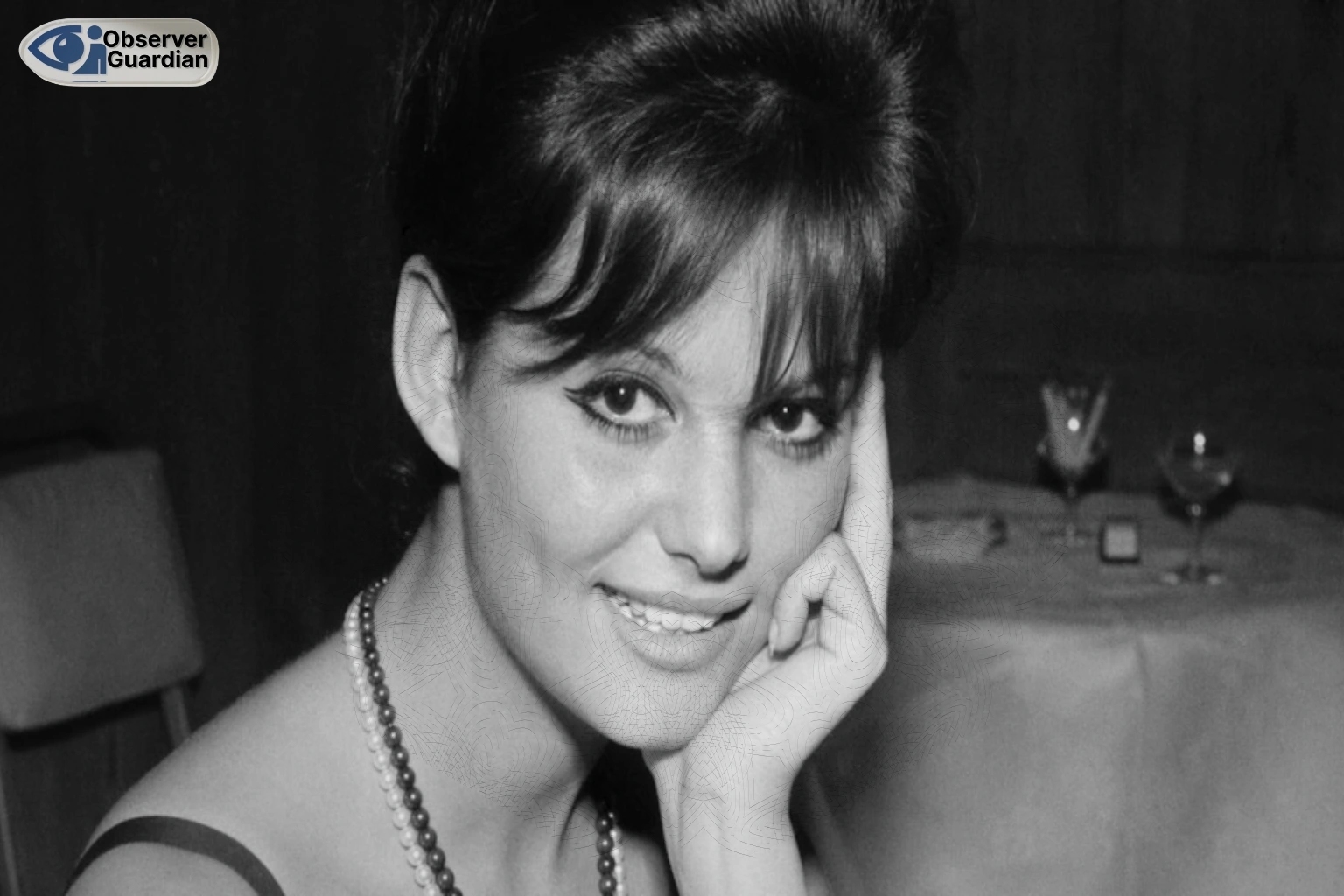Claudia Cardinale, one of the most recognizable faces of Italian cinema, has died at 87. For decades she was the kind of actress who could light up a screen without saying a word, and her death feels like the end of an era.
She was not born into the movie world. Cardinale grew up in Tunis, in a Sicilian family, and only found her way into film after winning a beauty contest in the late 1950s. At first she didn’t even speak Italian well and had her voice dubbed in early roles. But that didn’t matter much. Directors quickly realized she had something special. By the early 60s, she was working with giants: Fellini in 8½, Visconti in The Leopard, and later Sergio Leone in Once Upon a Time in the West. She could move between art-house films and big international hits like The Pink Panther without losing that quiet magnetism.
Her personal life was not simple. She faced real hardship early on, including a forced pregnancy she kept secret for years. She also had a long relationship with producer Franco Cristaldi, which ended badly, and for a time it seemed the industry turned its back on her. Still, she did not fade away. Cardinale kept acting, tried her hand at theater, and built a career that stretched over 100 films. The Venice Film Festival eventually honored her with a Golden Lion for Lifetime Achievement in 1993, a nod to just how deeply she shaped European cinema.
She died at home in France, with her family close by. After the news broke, tributes came quickly. Italy’s president called her an unforgettable heroine of cinema, while France’s president said her memory would live on in “the eternity of film.” Those might sound like big words, but for once they don’t feel exaggerated. Cardinale embodied a certain kind of beauty and strength that’s rare, and it’s hard to imagine Italian film history without her.
If you go back to her best performances, what stands out isn’t just the costumes or the glamorous image. It’s her presence, this mix of dignity and fire that made her characters believable and memorable. Even now, younger actors and filmmakers talk about her influence.
Claudia Cardinale lived long enough to see her work celebrated again and again, but she never seemed nostalgic. She just kept moving forward, doing the next project, taking the next risk. That, maybe more than the roles themselves, is the mark of a true artist. Her passing leaves a hole, but her films are still here, and that’s a gift.







